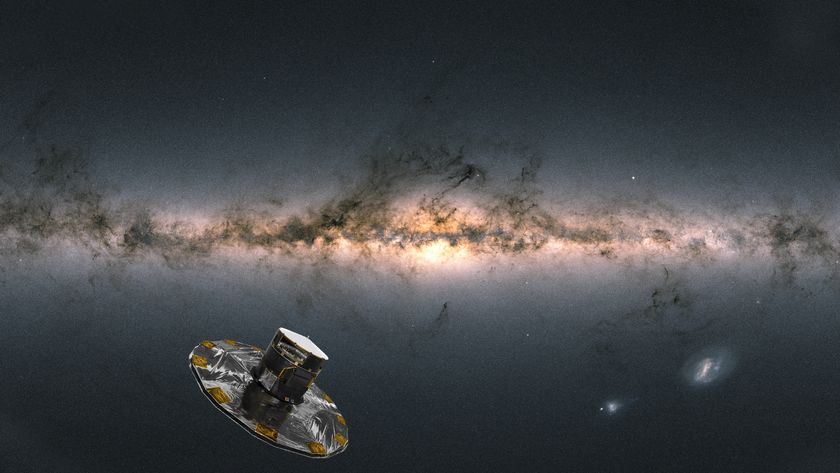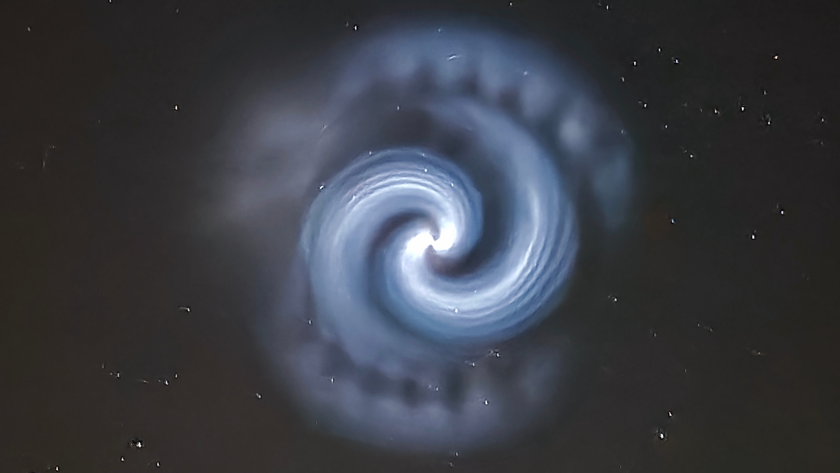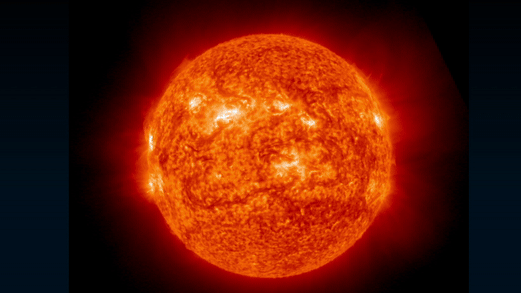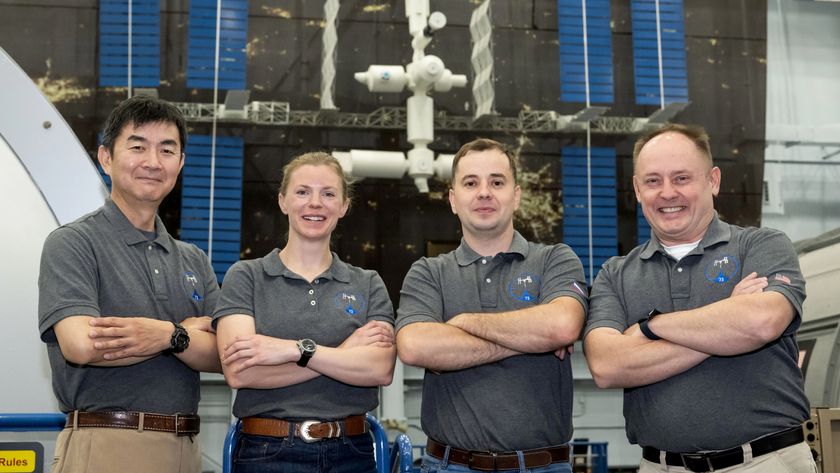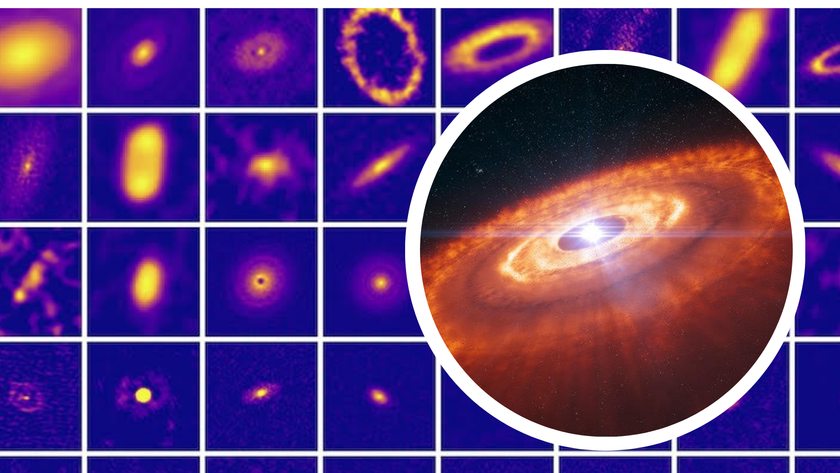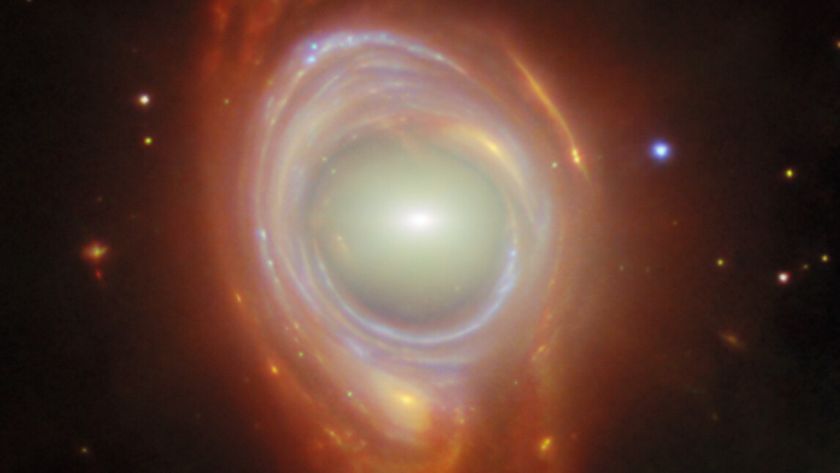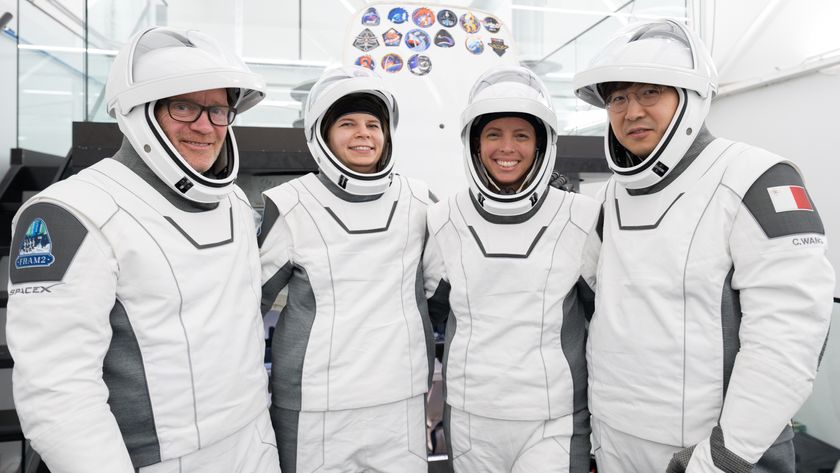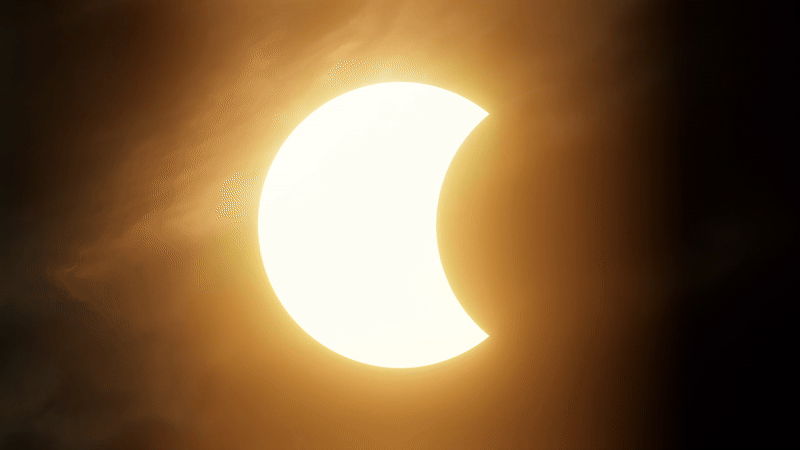Scientists to Congress: Don't Cut Planetary Space Missions
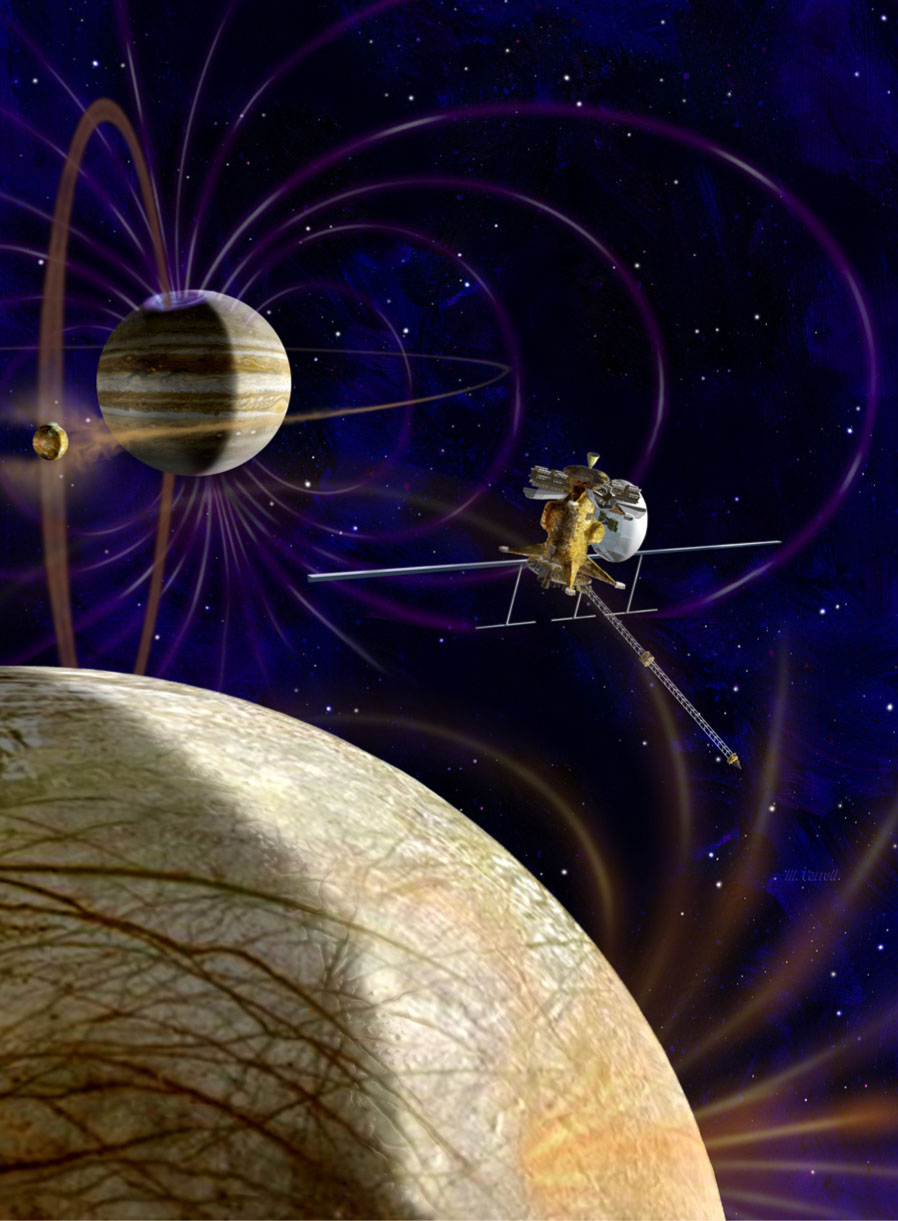
NASA must continue to fund and execute challenging science missions to other worlds, or risk losing leadership in the field of planetary science, agency officials urged lawmakers today (Nov. 15).
Despite the difficult economic environment, it remains as important as ever to invest in planetary science missions to Mars and beyond, Jim Green, director of NASA' s Planetary Science Division, and Mars scientist Steve Squyres testified today in a hearing before members of a key House space subcommittee.
"The ability to carry out the most challenging tasks in deep space exploration is one of our nation's great scientific and technical crown jewels," Squyres said. "If we give up that capability, then we do a disservice not just to ourselves, but future generations of American scientists, engineers and explorers."
Squyres, a scientist at Cornell University in Ithaca, N.Y., is the principal investigator of the Mars rover Opportunity, which is currently roaming the Red Planet. Squyres also recently chaired the National Research Council's Planetary Science Decadal Survey, which represents a consensus of the broad scientific community's goals for planetary science over the next 10 years.
The decadal survey prioritized planetary science objectives and identified particular missions that were deemed deserving of NASA's investment. At the forefront is a series of missions to Mars in partnership with the European Space Agency (ESA) to collect rock samples and return them to Earth. Second on the decadal survey's wish list was a mission to Jupiter's icy moon Europa.
But NASA's Planetary Science Division, like so many other departments, has found itself strapped for cash in an increasingly tight fiscal environment. Adding to the division's woes is the overbudget James Webb Space Telescope, an astrophysics project that is now expected to cost $8.8 billion by the time it launches.
The agency recently acknowledged that some other science missions originally scheduled to launch after 2015 will have to be delayed to offset the cost of the infrared deep space observatory.
Get the Space.com Newsletter
Breaking space news, the latest updates on rocket launches, skywatching events and more!
"The administration has stated clearly that James Webb is a priority," Green said.
But cutting planetary science missions as a result is shortsighted, Squyres said, and he expressed his frustration over the budgetary climate that threatens large-scale science missions, such as the series of sample return expeditions to Mars.
The Mars Astrobiology Explorer Cacher (MAX-C) mission aims to determine whether the Red Planet ever supported life. The mission would be the first step of a combined effort with ESA to return samples from Mars. The decadal survey suggested that the MAX-C mission should only be conducted if the cost could be kept under $2.5 billion, Green said.
The Jupiter Europa Orbiter mission was the second large-scale mission singled out as promising in the decadal survey. The spacecraft would orbit Jupiter's icy moon and investigate whether Europa has an ocean. Early estimates for such a mission peg the cost at approximately $4.7 billion.
Both of these missions, however, can only be carried out if the costs come down or if the agency's budget for planetary science increases.
"I sense within the agency a strong desire to do flagship missions," Squyres said. "[I]n response to the NRC report, NASA has totally restructured the partnership with ESA for the Mars missions to make it much more affordable — affordable within the budget guidelines — and is working on ways to dramatically decrease the size, cost and complexity of the Europa mission. Designs of the missions are being revamped so decadal recommendations can be followed, yet there is no commitment being made. I'm perplexed."
You can follow SPACE.com staff writer Denise Chow on Twitter @denisechow. Follow SPACE.com for the latest in space science and exploration news on Twitter @Spacedotcom and on Facebook.
Join our Space Forums to keep talking space on the latest missions, night sky and more! And if you have a news tip, correction or comment, let us know at: community@space.com.

Denise Chow is a former Space.com staff writer who then worked as assistant managing editor at Live Science before moving to NBC News as a science reporter, where she focuses on general science and climate change. She spent two years with Space.com, writing about rocket launches and covering NASA's final three space shuttle missions, before joining the Live Science team in 2013. A Canadian transplant, Denise has a bachelor's degree from the University of Toronto, and a master's degree in journalism from New York University. At NBC News, Denise covers general science and climate change.
